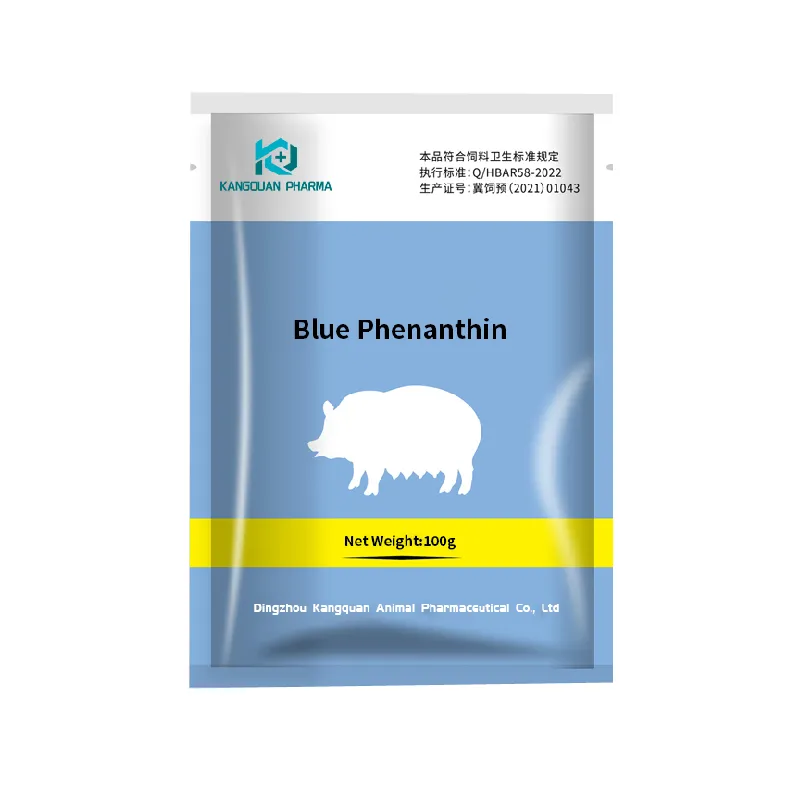- Afrikaans
- Albanian
- Amharic
- Arabic
- Armenian
- Azerbaijani
- Basque
- Belarusian
- Bengali
- Bosnian
- Bulgarian
- Catalan
- Cebuano
- Corsican
- Croatian
- Czech
- Danish
- Dutch
- English
- Esperanto
- Estonian
- Finnish
- French
- Frisian
- Galician
- Georgian
- German
- Greek
- Gujarati
- Haitian Creole
- hausa
- hawaiian
- Hebrew
- Hindi
- Miao
- Hungarian
- Icelandic
- igbo
- Indonesian
- irish
- Italian
- Japanese
- Javanese
- Kannada
- kazakh
- Khmer
- Rwandese
- Korean
- Kurdish
- Kyrgyz
- Lao
- Latin
- Latvian
- Lithuanian
- Luxembourgish
- Macedonian
- Malgashi
- Malay
- Malayalam
- Maltese
- Maori
- Marathi
- Mongolian
- Myanmar
- Nepali
- Norwegian
- Norwegian
- Occitan
- Pashto
- Persian
- Polish
- Portuguese
- Punjabi
- Romanian
- Russian
- Samoan
- Scottish Gaelic
- Serbian
- Sesotho
- Shona
- Sindhi
- Sinhala
- Slovak
- Slovenian
- Somali
- Spanish
- Sundanese
- Swahili
- Swedish
- Tagalog
- Tajik
- Tamil
- Tatar
- Telugu
- Thai
- Turkish
- Turkmen
- Ukrainian
- Urdu
- Uighur
- Uzbek
- Vietnamese
- Welsh
- Bantu
- Yiddish
- Yoruba
- Zulu
8 月 . 12, 2024 01:44 Back to list
Exploring the Benefits and Uses of Amoxicillin and Clavulanic Acid Injection in Clinical Settings
Understanding Injection Amoxicillin-Clavulanic Acid A Comprehensive Overview
Amoxicillin-clavulanic acid, often referred to by its brand name Augmentin, is a widely used antibiotic combination that has proven to be effective in treating a variety of bacterial infections. This medication combines amoxicillin, a penicillin derivative, with clavulanic acid, a beta-lactamase inhibitor, which enhances its efficacy against penicillin-resistant bacteria. The injectable form of this combination allows for rapid onset of action and is particularly useful in clinical settings where oral administration may not be feasible.
Mechanism of Action
Amoxicillin functions by interfering with the synthesis of bacterial cell walls, ultimately leading to cell lysis and death. However, some bacteria produce enzymes known as beta-lactamases that can inactivate amoxicillin, rendering it ineffective. This is where clavulanic acid comes into play. By inhibiting beta-lactamase enzymes, clavulanic acid protects amoxicillin from degradation, allowing it to exert its antibacterial effects.
Indications
Injection amoxicillin-clavulanic acid is indicated for a variety of infections, particularly those caused by mixed flora or resistant organisms. It is commonly used to treat respiratory tract infections, urinary tract infections, skin and soft tissue infections, and intra-abdominal infections. Its broad-spectrum activity makes it a valuable choice in both community and hospital settings, especially for empiric therapy where the causative organism is not yet identified.
Administration and Dosage
injection amoxicillin clavulanic acid

The injectable form of amoxicillin-clavulanic acid can be administered intravenously or intramuscularly, depending on the clinical scenario. The dosage and duration of treatment will vary based on the type and severity of the infection, as well as patient factors such as age, weight, and renal function. Healthcare providers must closely monitor patients receiving this antibiotic, particularly those with compromised renal function, to avoid potential toxicity and ensure therapeutic efficacy.
Side Effects and Considerations
While amoxicillin-clavulanic acid is generally well-tolerated, it can cause side effects similar to other antibiotics, including gastrointestinal disturbances such as nausea, vomiting, and diarrhea. Allergic reactions may also occur, particularly in patients with a history of penicillin allergies. Other potential side effects include liver enzyme elevations and, in rare cases, severe skin reactions. Therefore, it is essential for healthcare providers to assess patient history and monitor for any adverse effects during treatment.
Resistance and Stewardship
The increasing prevalence of antibiotic resistance is a significant concern in modern medicine. The combination of amoxicillin and clavulanic acid is designed to combat resistance, but overuse and misuse of antibiotics can lead to the emergence of resistant strains. Antimicrobial stewardship is crucial to ensuring that antibiotics are prescribed appropriately, minimizing the risk of resistance, and preserving the effectiveness of existing antibiotics.
Conclusion
Injection amoxicillin-clavulanic acid remains a cornerstone in the treatment of bacterial infections, providing a potent option for clinicians dealing with challenging cases. Its unique formulation allows for enhanced activity against resistant organisms while minimizing the risk of treatment failure. As with all antibiotics, judicious use is vital to maintain its efficacy and combat the growing threat of antibiotic resistance. Healthcare professionals must continue to educate themselves and their patients about the appropriate use of this important medication, ensuring that its benefits are maximized while minimizing potential risks.
-
The Power of Radix Isatidis Extract for Your Health and Wellness
NewsOct.29,2024
-
Neomycin Sulfate Soluble Powder: A Versatile Solution for Pet Health
NewsOct.29,2024
-
Lincomycin Hydrochloride Soluble Powder – The Essential Solution
NewsOct.29,2024
-
Garamycin Gentamicin Sulfate for Effective Infection Control
NewsOct.29,2024
-
Doxycycline Hyclate Soluble Powder: Your Antibiotic Needs
NewsOct.29,2024
-
Tilmicosin Premix: The Ultimate Solution for Poultry Health
NewsOct.29,2024













